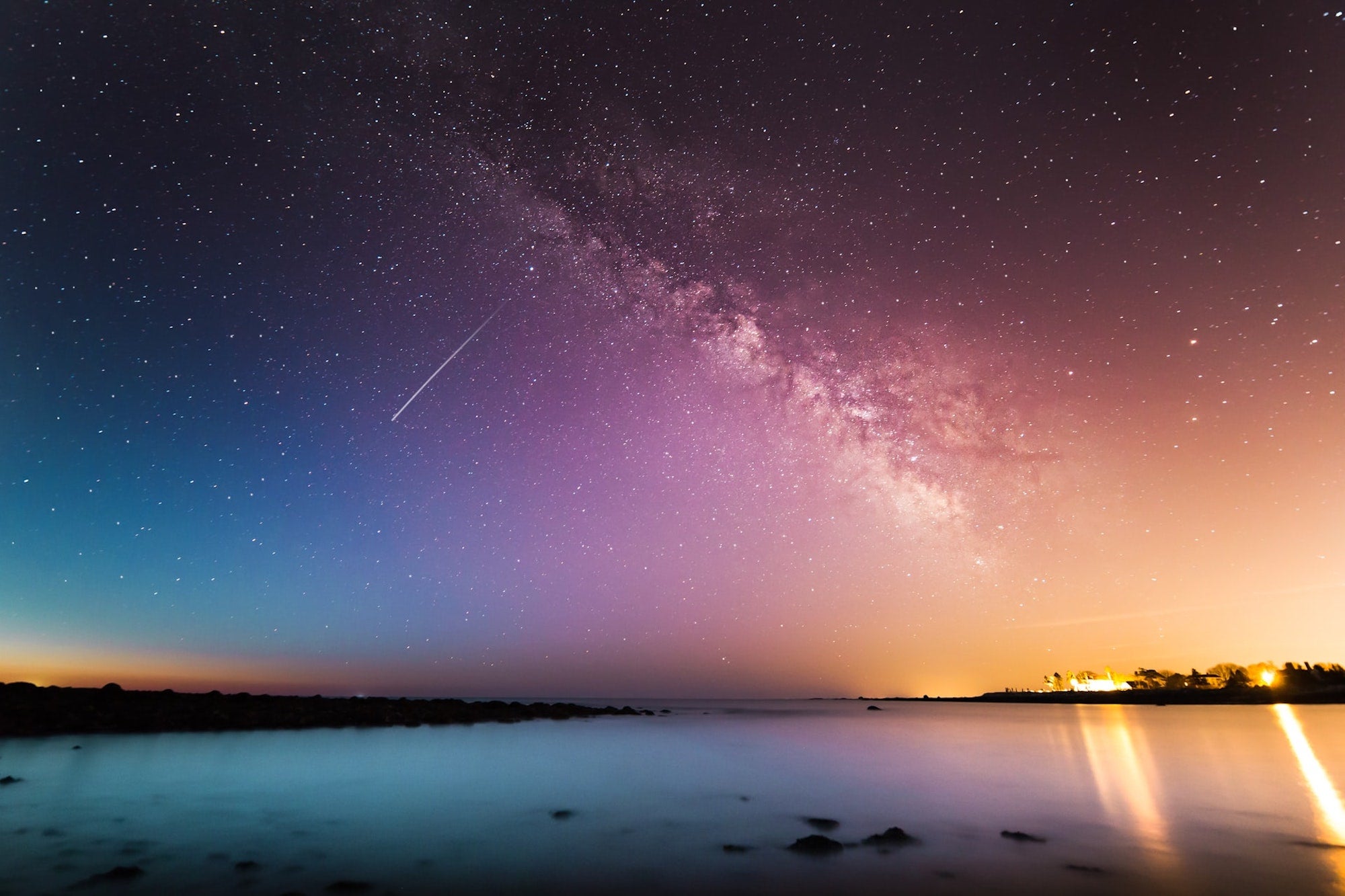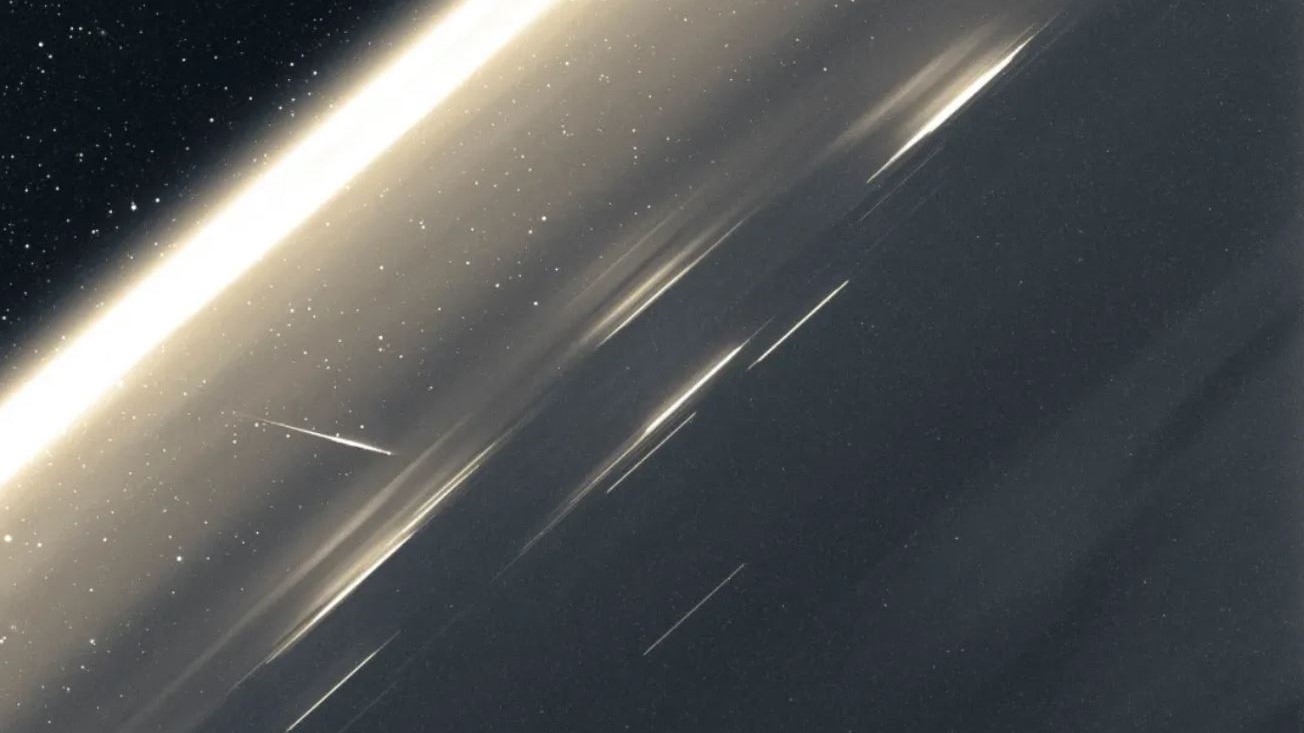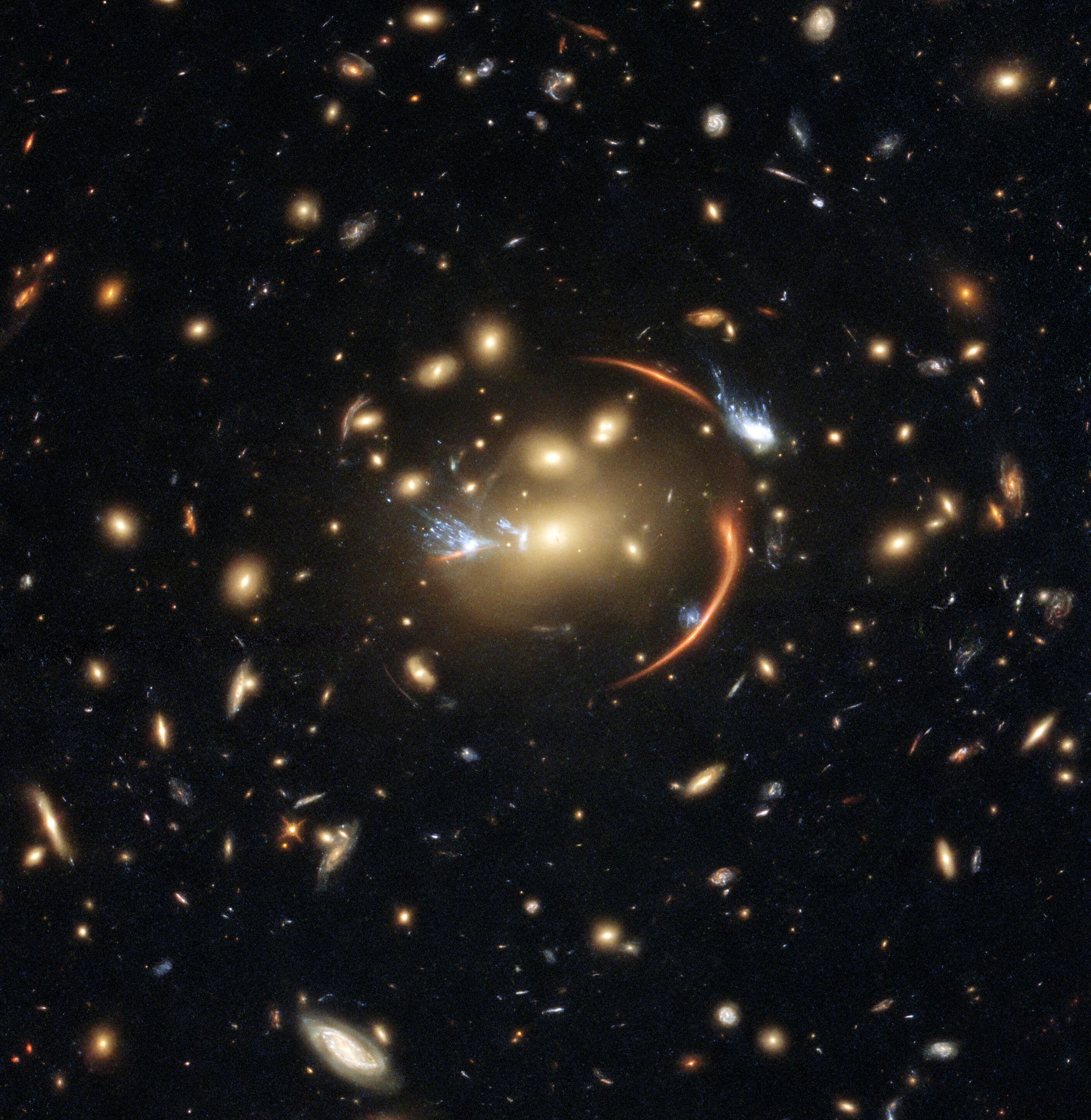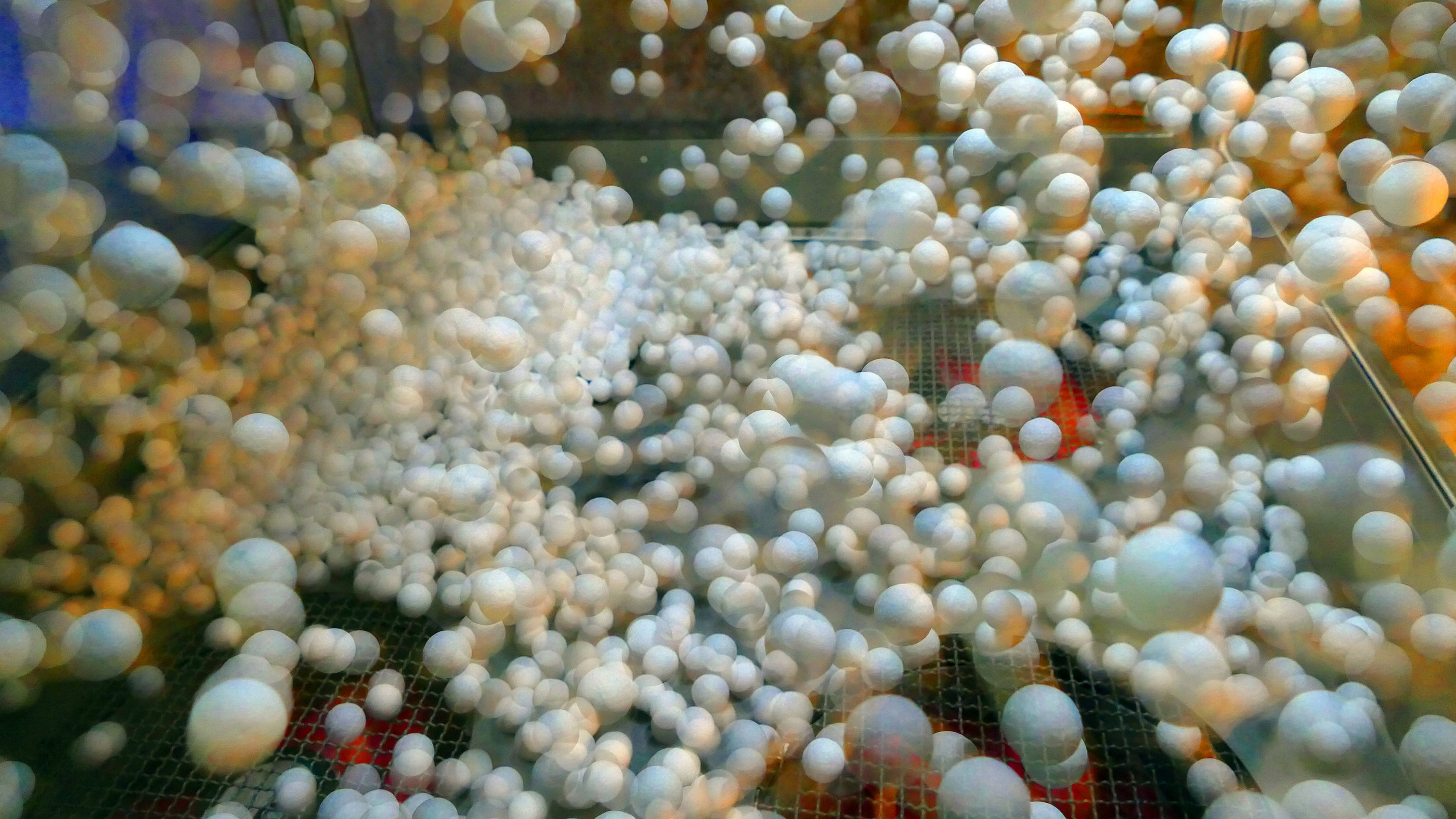UK officials refused to sell shares in satellite firm OneWeb in response to demands by Russia, and the company says it is focusing on staff safety at the launchpad in Kazakhstan
Space
2 March 2022
A Soyuz rocket carrying OneWeb satellites at the Baikonur Cosmodrome Roscosmos Press OfficeTASS via Getty Images
The UK company OneWeb says the safety of its staff currently in Kazakhstan is its priority as it seeks to mitigate the fallout from Russia’s apparent refusal to launch the company’s satellites on 4 March.
The Russian space agency, Roscosmos, was supposed to be launching 36 satellites for OneWeb’s space internet mega constellation on a Soyuz rocket from the Baikonur Cosmodrome in Kazakhstan. However, Russia’s invasion of Ukraine placed the launch in doubt, while Roscosmos chief Dmitry Rogozin said today that the launch would be cancelled if Russia did not receive guarantees the satellites would not be used for military purposes and the UK government – part owner of OneWeb – withdrew its shareholding in the company.
In response, Chris McLaughlin, OneWeb’s chief of government, regulation and engagement, said this was an “unprecedented situation”. OneWeb currently has an undisclosed number of staff at Baikonur overseeing the launch, and the company had hoped for it to go ahead so they could safely leave.
“Their safety, and our technology’s security, are of the utmost focus to us,” says McLaughlin. “The best outcome would have been for the satellites to launch.”
Rogozin’s demands, however, make the launch very unlikely to happen. McLaughlin says OneWeb was “surprised” by the demand that satellites not be used for military activity, given that many satellites have both civilian and military uses. And the UK government appears to have ruled out selling its stake in the company.
“There’s no negotiation on OneWeb: the UK Government is not selling its share,” said Kwasi Kwarteng, the UK’s Secretary of State for Business, Energy and Industrial Strategy, in a statement on Twitter. “We are in touch with other shareholders to discuss next steps.”
OneWeb had already launched more than 400 satellites on 14 Soyuz rockets since 2019, organised by the French company Arianespace. Five further launches were planned this year, also all on Soyuz rockets from Baikonur, to bring the company up to its primary operational goal of 648 satellites in orbit. All of the launches had been paid for in advance.
If Russia does cancel the launch, it is estimated the cost to OneWeb will be between $80 and $100 million, with a cost of $1.2 million per satellite, says McLaughlin. Whether OneWeb would get its satellites back from Russia isn’t clear. Satellites for subsequent launches have not yet been shipped, and those manufactured so far are safely at a OneWeb factory in Florida. The state of the next five launches is also uncertain.
Rogozin, meanwhile, said a decision on whether the launch would go ahead would be made in a televised address on 4 March. He also tweeted a video of staff in Baikonur covering up flags on the rocket, including Japanese and American flags. “The launchers at Baikonur decided that without the flags of some countries, our rocket would look more beautiful,” he said.
More on these topics:
Note: This article have been indexed to our site. We do not claim legitimacy, ownership or copyright of any of the content above. To see the article at original source Click Here













